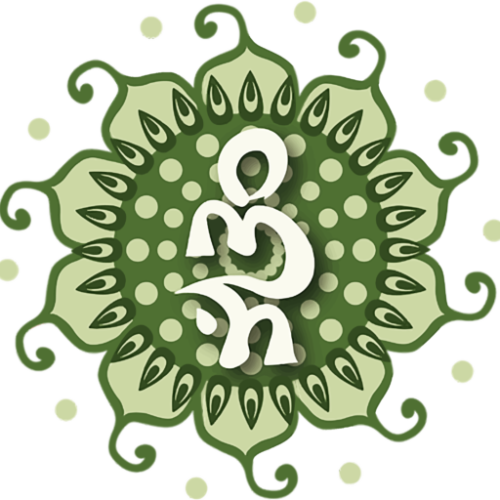
Lost Connections
Author: Johann Hari
In Lost Connections, Johann Hari explores an idea that challenges the status quo: what if anxiety and depression aren’t simply caused by chemical imbalances, but by the disconnection we experience in modern life? Disconnection from meaning, nature, purpose, community, and even from ourselves.
Backed by extensive research and Hari’s own experience with antidepressants, the book unfolds like an investigative journey. It doesn’t dismiss medication, but it does expand the conversation—urging us to look at the wider societal, emotional, and environmental causes of unhappiness.
Why We Recommend It:
This is a brilliant, thought-provoking read for anyone who feels like they’ve “tried everything” but are still struggling. It opens the door to a more holistic view of mental health—one that resonates deeply with our philosophy at OMH. If you’re longing for a deeper sense of connection, this book will make you feel seen—and offer practical, hopeful ways to return to yourself.










